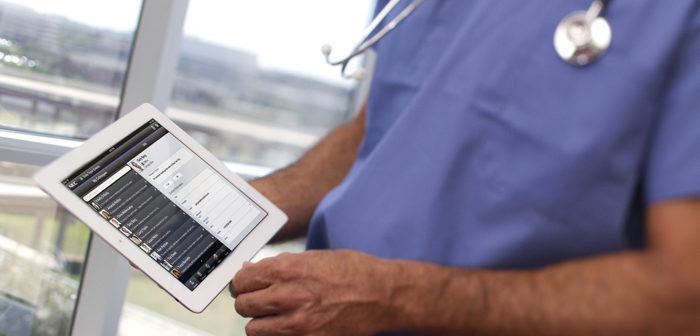One of the top priorities for families arriving in Beijing is figuring out where to get medical treatment, as our children’s health is of paramount importance. Over recent years, the number of international standard hospitals and clinics has been on the increase, but the options are still rather slim compared to other major capitals around the world.
Going to an international-grade facility is costly, as registration and consultation fees alone can amount to over RMB 2,000 depending on the doctor you wish to see. Having healthcare insurance will ease the burden paying out of pocket (see our article on health insurance, p30).
Most uninsured expats use local public hospitals, many of which have excellent reputations in their fields. They are much cheaper compared to private hospitals and see a higher number of patients, but the language barrier can be an issue. In addition, they can be a rude awakening for expats who go in expecting a western-style bedside manner and privacy standards.
Clinics
Clinics provide routine services such as checkups, pediatric medicine, and outpatient care. They may also offer dentistry, mental health services, physical rehabilitation, official physical examinations (for visas or other purposes), and vaccinations. In most cases, anything relating to obstetrics and pre-natal care require a visit to a hospital with more specialized medical staff and facilities. Although some clinics offer emergency care, patients may need to be transferred to a hospital depending on the seriousness of the case.
Medical practitioners here are usually tied to a hospital or clinic and don’t have standalone private practices like their western counterparts. Part-time specialists who keep regular office hours at a private clinic often also work at a public hospital.
Hospitals
International hospitals are either wholly foreign-owned enterprises (WFOE) or a joint venture between an international medical operator and a Chinese hospital. Foreign patients will find the process and surroundings familiar and therefore comforting, but bear in mind that the attending doctor will likely still be Chinese – although English-speaking – and that not every international-standard hospital is equipped to handle all scenarios. For example, patients requiring major surgery – particularly emergency surgery – may need to be transferred to a Chinese hospital, both for the operations themselves and for continuing post-surgery treatment.
These cautions aside, international hospitals offer extras such as reminders for checkups and some have more than one location, making them convenient for your home, office, or school. There will also be a greater emphasis on preventative care.
If language isn’t an issue and/or you don’t have medical insurance, you might try visiting a local hospital. Expats often recommend Peking Union Medical College Hospital (founded in 1921) and the China-Japan Friendship Hospital, which served as the primary hospital for athletes, coaches, and officials of the 2008 Beijing Summer Olympics. Both have “VIP” sections with fewer patients and some English-speaking doctors.
Emergencies
The emergency phone number in Beijing is 120 (999 for English speakers). Keep in mind that ambulances in Beijing have a mixed record for two reasons: (a) getting lost and (b) being perfunctory in their treatment of non-emergency patients. Also, Beijing’s traffic situation isn’t exactly conducive to the quick transfer of patients to medical facilities, and drivers here aren’t yet in the habit of yielding immediately to ambulances.
There’s no simple solution for this. Many taxis will simply refuse to take injured or sick passengers for fear of being held liable for any negative outcomes. Some international hospitals have their own 24-hour emergency call centers with English- and Chinese-speaking operators. However, ambulances are still subject to traffic constraints.
To make matters even more complicated, there’s no Good Samaritan law in China. This may explain why many Chinese are unwilling to get involved in emergency situations. Bystanders who offer help may be held liable even if their actions help resuscitate the injured party. A patient who is given cardiopulmonary resuscitation (CPR) may survive, but non-qualified rescuers have been sued for the broken ribs that can occur in the process.
When in doubt, call 120 and report the emergency. However, consider carefully whether there’s a good reason to become directly involved in a situation.
That said, for the sake of one’s own family, friends, and colleagues, most international hospitals and clinics in Beijing offer internationally-recognized CPR and first aid training in English. It’s a good idea to take a course, especially for people who live farther away from a major medical center.
Photo: NEC Corporation of America (Flickr)
This article originally appeared on page 26 of the 2016 Home and Relocation Guide. Click here for your free online copy. To find out how you can obtain a hard copy, contact distribution@truerun.com.




